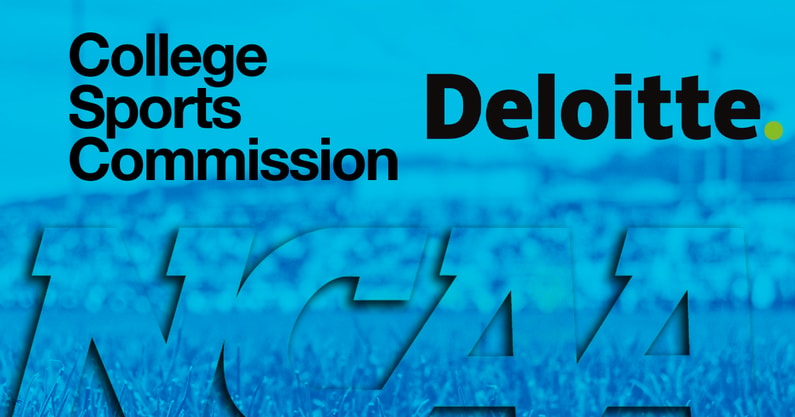College Sports Commission creates 'snitch line' to report NIL rules violations

The College Sports Commission, the newly-implemented enforcement group that runs the NIL Go clearinghouse, has reportedly created a “snitch line” — also known as an “anonymous reporting tip line” — that can be used to report credible information about any alleged NIL rules violations, according to Front Office Sports. On3‘s Pete Nakos confirmed the FOS report.
The College Sports Commission was established by the Power conferences earlier this summer to help implement and enforce the rules that came out of the House vs. NCAA class-actions settlement, which effectively ended the NCAA’s outdated “amateur” model and ushered in revenue-sharing between schools and student-athletes. NIL Go was created in conjunction with Deloitte to help approve and regulate third-party NIL deals above $600 between student-athletes and non-institutional groups.
SUBSCRIBE to the On3 NIL and Sports Business Newsletter
The CSC has already addressed with several issues with its NIL Go clearinghouse since it first launched in June, including alleged errors with its data collection stemming from early public reporting of its deals. According to Front Office Sports, NIL Go has just four full-time employees to manually scrutinize the thousands of NIL deals under its purview, meaning there’s simply not enough manpower to examine each NIL deal individually.
NIL Go clears $35.4 million in debut report
The NIL Go clearinghouse, which was built with assistance from Deloitte, announced Sept. 4 that 28,342 athletes and 1,227 institutional users have registered since launch, with 6,090 deals being cleared with 8,359 in the system. In total, 32,729 athletes, agents and institutional users have registered. Values for deals have ranged from north of $1.6 million.
Top 10
- 1New
CFP Top 25
Predicting 3rd Top 25 rankings
- 2Trending
BCS Formula
Predicts the 12-team CFP field
- 3
James Franklin
Finalizing deal with VT
- 4Hot
Lane Kiffin
UF, LSU pursue Ole Miss HC
- 5
NSD Flips?
Latest recruiting intel
Get the Daily On3 Newsletter in your inbox every morning
By clicking "Subscribe to Newsletter", I agree to On3's Privacy Notice, Terms, and use of my personal information described therein.
To date, $35.42 million has been cleared by the clearinghouse, with 332 deals not being approved. The total value of deals in the system is $79.8 million, though the CSC said that does not include deals canceled by athletes before review or following being “not cleared.” No parties are currently in arbitration, with the most common issues including deals not satisfying a valid business purpose and contradictory deal terms.
“This initial report shows the new system is working as intended: legitimate NIL deals are being submitted, reviewed and approved through NIL Go,” College Sports Commission CEO Bryan Seeley said in a statement. “The strong engagement from student-athletes and institutions shows real progress toward the clarity, transparency and fairness that the House Settlement intended. We look forward to sharing our progress on a regular basis as we continue to refine and improve the NIL deal review process moving forward.”
After releasing guidance this summer stating that NIL collectives could not directly pay athletes, the CSC pivoted on the guidance. The clearinghouse announced in late July that it would treat NIL collectives as a typical business, but the organizations must conform to the “valid business purpose” requirements outlined in the House settlement.
— On3’s Pete Nakos contributed to this report.